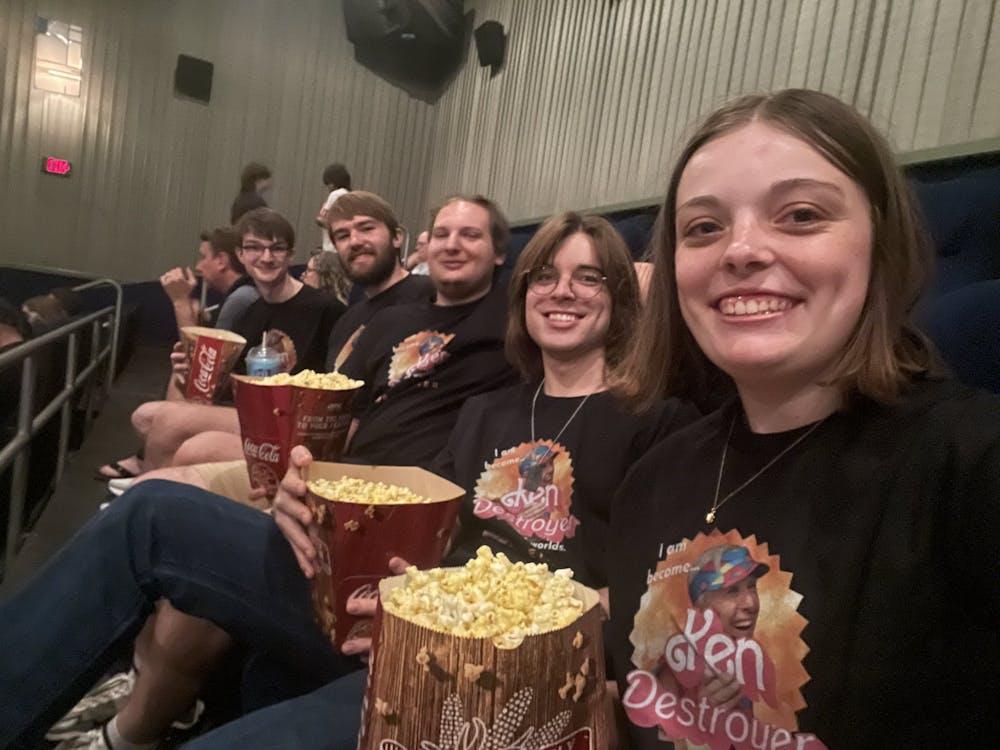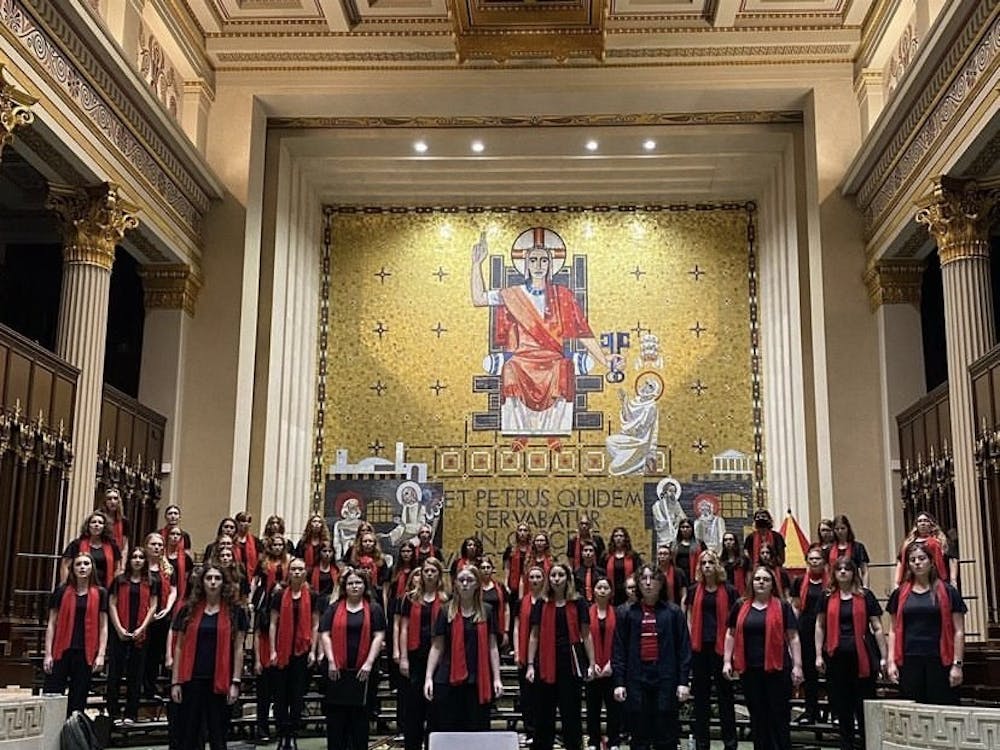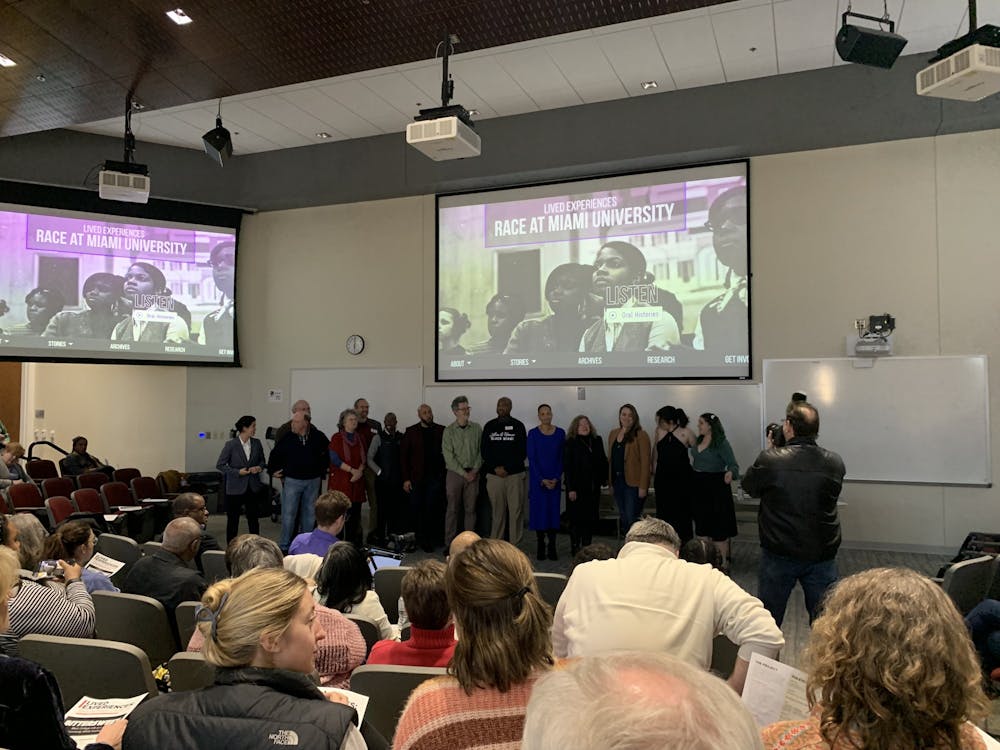By Nora Molinaro, For The Miami Student
For the third year in a row, the Translation Symposium is headlining at Miami University. The Translation Symposium is an opportunity for all students, regardless of interests and studies.
It doesn't matter if you're studying linguistics or a soon to be graduate in accounting, the Translation Symposium held at 4 p.m. September 29 in Bachelor Hall Room 337 is an event for all students.
Cathy Wagner, coordinator of the event and director of the creative writing program at Miami said the goal of the symposium is to bring in those students and faculty interested in what exactly happens to a text when it is translated into English. At the Translation Symposium, the panel will discuss the problems they face when translating a text.
Because of previous and current funding provided by the Humanities Center, the Havinghurst Center, the French and Italian department and the GRAMELAC program, the Translation Symposium is able to host a diverse group of translators and writers.
This year, three well-known and distinct translators and writers are visiting Miami's campus: Philip Metres, Nathanaël and Kazim Ali. They are traveling from Cleveland and Chicago as translators of works from Russia, France and Iran.
Philip Metres has translated the collected works of Lev Rubinstein, a conceptual poet who began writing in the Soviet period and is now a journalist and political activist.
Nathanaël is the translator of the handwritten journals of Herve Guibert, a writer and photographer who was the good friend and biographer of Michel Foucault and was involved in early AIDS awareness activism in France.
Kazim Ali brings us the work of Sohrab Sepehri, an Iranian poet born in 1928, very famous in Iran.
"I attended the Translation Symposium last year because as a student pursuing a career in writing, I had a lot of questions concerning word choice and sentence structure, especially the ones translated into my native language, English," sophomore Emily Westerfield said. "I had always wondered if the fairy tale stories that I grew up memorizing and believing have been accurately translated in English. For all I know, Beauty and the Beast could be a horror story. I want to know how translators are so sure about the stories they translate."
Wagner said because English is the most powerful language in the world, it's imperative translators make it readable and understandable in the English language. The role of a translator is to distinguish between what is important to carry across to English and what is better to be preserved.
As the program continues to develop, people are investing more time and interest in the idea of a Translation Symposium remaining on campus Wagner said.
Enjoy what you're reading?
Signup for our newsletter
"I'd like someday to build on the Translation Symposium and offer a class in translation and someday a thematic sequence with a study-abroad component," Wagner said. "I'd love to work with foreign-language departments to create such a course."
With high attendance and student and faculty interest, the Translation Symposium has the potential to become something larger and brighter than an annual event, staying in Oxford on Miami's campus for good Wagner said.




